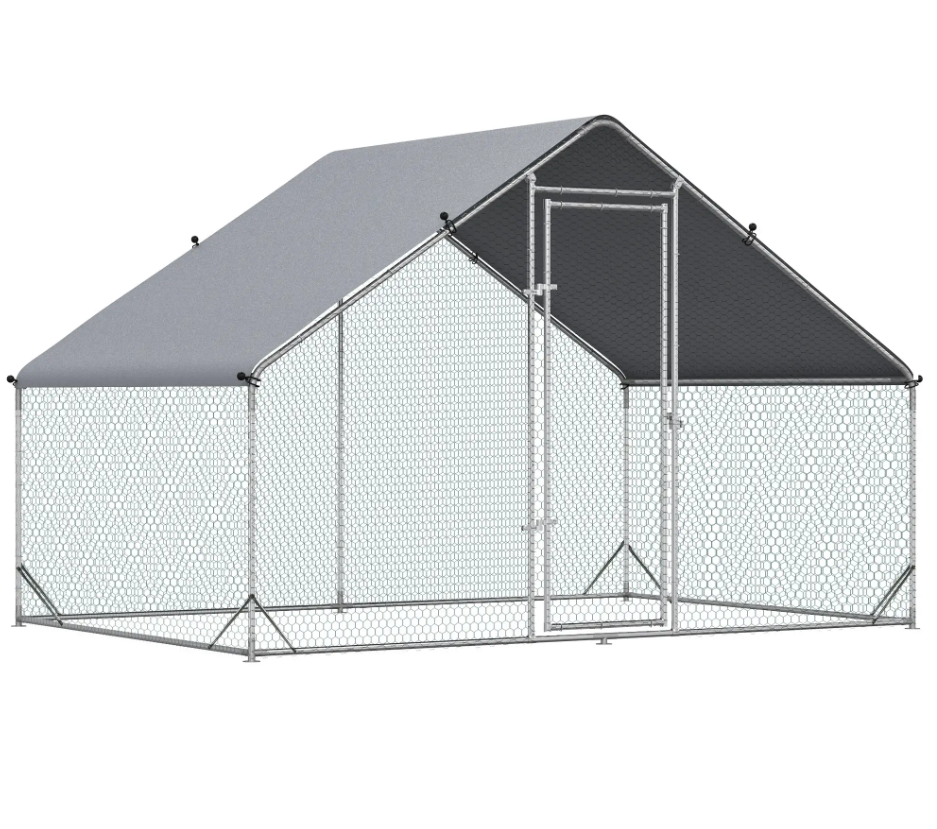
Bringing a rabbit into your home is a joyous occasion. These gentle and curious creatures make wonderful companions, bringing personality and charm to any household. Just like any pet, rabbits have specific needs, and providing them with a suitable and comfortable living space is paramount. Finding the right rabbit cages for sale is the first step in ensuring your bunny’s well-being. This comprehensive guide will delve into the essential aspects of choosing the perfect rabbit cage, covering everything from size and materials to safety and enrichment.
Why a Proper Rabbit Cage is Essential
A rabbit cage isn’t just a place to confine your pet; it’s their home. It’s where they sleep, eat, play, and feel safe. A well-chosen cage provides:
- Safety and Security: A sturdy cage protects your rabbit from predators, household hazards, and accidental injuries.
- Comfort and Space: Rabbits need adequate space to move around, stretch, and stand on their hind legs. A cramped cage can lead to stress and health problems.
- Hygiene and Cleanliness: A good cage facilitates easy cleaning, which is crucial for maintaining a healthy environment for your rabbit.
- Enrichment and Stimulation: The cage should be a space where your rabbit can engage in natural behaviors, such as digging, hopping, and exploring.
Types of Rabbit Cages
- Wire Cages: Wire cages are a popular choice due to their good ventilation and visibility. They are easy to clean and offer good airflow, preventing the buildup of moisture and ammonia.
- Hutches: Hutches are typically wooden structures, often used outdoors. They provide a more natural look but require more maintenance and may not offer as much ventilation as wire cages. If using a hutch outdoors, ensure it is protected from the elements and predators.
- Plastic Cages: Plastic cages are lightweight and easy to clean. However, they may not be as durable as wire cages and can retain moisture if not properly ventilated.
- Indoor vs. Outdoor Cages: Consider where you will be keeping your rabbit. Indoor cages are typically smaller and designed for easy integration into your home. Outdoor cages need to be more robust to withstand the elements and provide protection from predators.
Key Factors to Consider When Choosing a Rabbit Cage
- Size: The most crucial factor is size. Rabbits need ample space to move around. A general rule is that the cage should be at least four times the size of your rabbit. Bigger is always better.
- Material: Choose a durable and non-toxic material. Wire cages should be made of rust-resistant metal, and wooden hutches should be treated to prevent rot.
- Ventilation: Good ventilation is essential to prevent the buildup of ammonia and moisture. Wire cages generally offer the best ventilation.
- Ease of Cleaning: The cage should be easy to clean and maintain. Look for features like removable trays and access doors.
- Safety: Ensure the cage is free from any sharp edges or protrusions that could injure your rabbit. The bars or mesh should be spaced closely enough to prevent your rabbit from escaping.
- Accessibility: The cage should have easy access for you to interact with your rabbit, provide food and water, and clean the cage.
- Enrichment: Consider adding toys, tunnels, and other enrichment items to the cage to keep your rabbit stimulated and happy.
- Location: Think about where you will place the cage. It should be in a quiet area, away from direct sunlight and drafts.
Setting Up Your Rabbit’s Cage
- Bedding: Provide a soft and comfortable bedding material, such as hay, shredded paper, or fleece blankets.
- Food and Water: Use heavy ceramic bowls for food and water to prevent spills. A water bottle can also be provided.
- Litter Box: Rabbits can be litter trained. Provide a litter box filled with rabbit-safe litter.
- Toys and Enrichment: Offer a variety of toys, such as chew sticks, tunnels, and balls, to keep your rabbit entertained.
Maintaining Your Rabbit’s Cage
- Daily Cleaning: Remove any soiled bedding and droppings daily.
- Weekly Cleaning: Clean the entire cage thoroughly once a week, including the food and water bowls.
- Regular Checks: Regularly check the cage for any signs of damage or wear.
Creating a Happy Home for Your Rabbit
Choosing the right rabbit cage is a crucial step in providing your furry friend with a happy and healthy home. By considering the factors outlined in this guide, you can create a space where your rabbit feels safe, comfortable, and stimulated. Remember, a happy rabbit is a healthy rabbit. For a wide selection of rabbit cages and other pet supplies, be sure to visit Aosom.